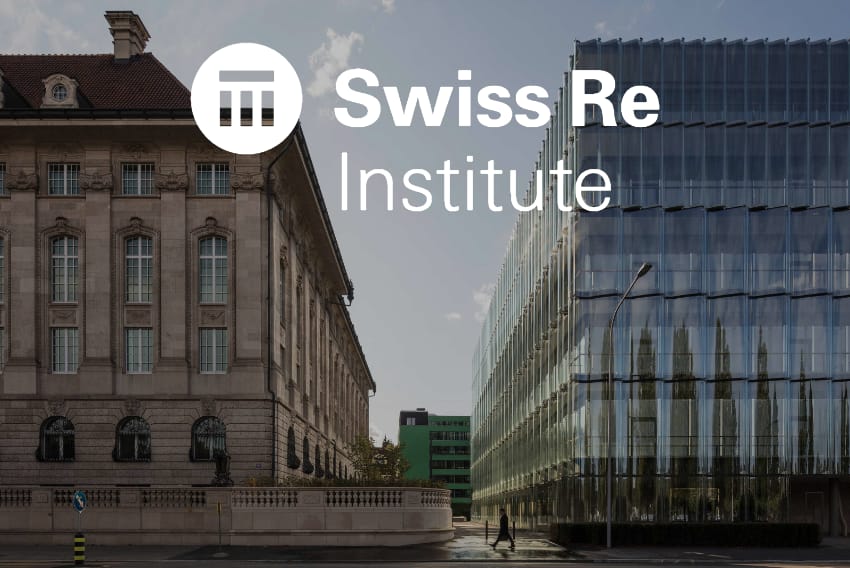Property insurance claims 6-13% higher on inflation, outpacing prices: Swiss Re

In property insurance, rates are failing to keep up with inflation, according to global reinsurance firm Swiss Re, who estimates that property claims will rise by between 6% and 13% on the back of inflation, which is higher than price increases that were reported at 5% to 8%.
Property insurance is a short-tail business and immediately sensitive to inflation impacts and rising construction costs, Swiss Re notes.
The reinsurance firm estimates that inflation alone increased, or will increase property and casualty (P&C) insurance claims costs by 5% to 7.5% across the main five markets in 2022 and 2023.
But, for property insurance, inflation is expected to have a more significant effect, driving claims costs 6% to 13% higher over the same period, faster than rates have been moving.
Swiss Re believes inflation has peaked and the company says that P&C claims growth will ease in 2023 alongside the moderation in inflation.
At the same time, loss-making parts of the market are repricing and these together may alleviate some of last year’s underwriting pressure, Swiss Re believes.
“Still, insurers will need to maintain discipline in pricing, and terms and conditions, as we forecast inflation to continue to impact many claims-relevant price categories, such as labour and medical costs. Prices in these areas typically grow more slowly than in other segments, and they remain elevated,” Swiss Re’s Institute team explained.
In addition, the industry needs to ensure rates are keeping up with non-economic inflation and social inflation.
“Social inflation and increased loss frequency in motor and property lines, reaffirm that further rate hardening is required to narrow the estimate that all else equal, premium income needed to have risen 13% to offset inflation-driven claims gains in 2022,” Swiss Re said.
Property premium income is particularly falling short of claims costs in Australia, Germany and the UK, Swiss Re said.
Insurance premiums must keep up with inflation, or catch-up where they have fallen behind, as while inflation is thought to be easing, it is not expected to fall significantly and overall inflation is expected to remain persistent in 2023, Swiss Re said.
The company explained, “Signals for a market correction had been mounting long before the inflation-driven rise in claims in 2022.
“The underlying claims drivers indicate that higher primary insurance rates are likely. Sustained insurance underwriting discipline will be needed in 2023 to help improve underwriting results.”
These inflationary effects are also going to be drivers for sustaining higher reinsurance pricing as well, as reinsurance rates were already playing catch-up to primary insurance.
While we’ve seen a sharp correction upwards in reinsurance rates at the January 2023 renewals, while inflation and claims costs remain elevated and force increases to primary insurance premiums, the impetus to sustain reinsurance prices at higher-levels will be much greater, meaning there is less chance of a return to wholesale softening, as had been seen in previous hard market cycles.






